Free AI Tools from Microsoft & Khan Academy Partnership
Explore how Microsoft and Khan Academy are teaming up to offer AI tools to support teachers across the US.
Eddie
May 22, 2024
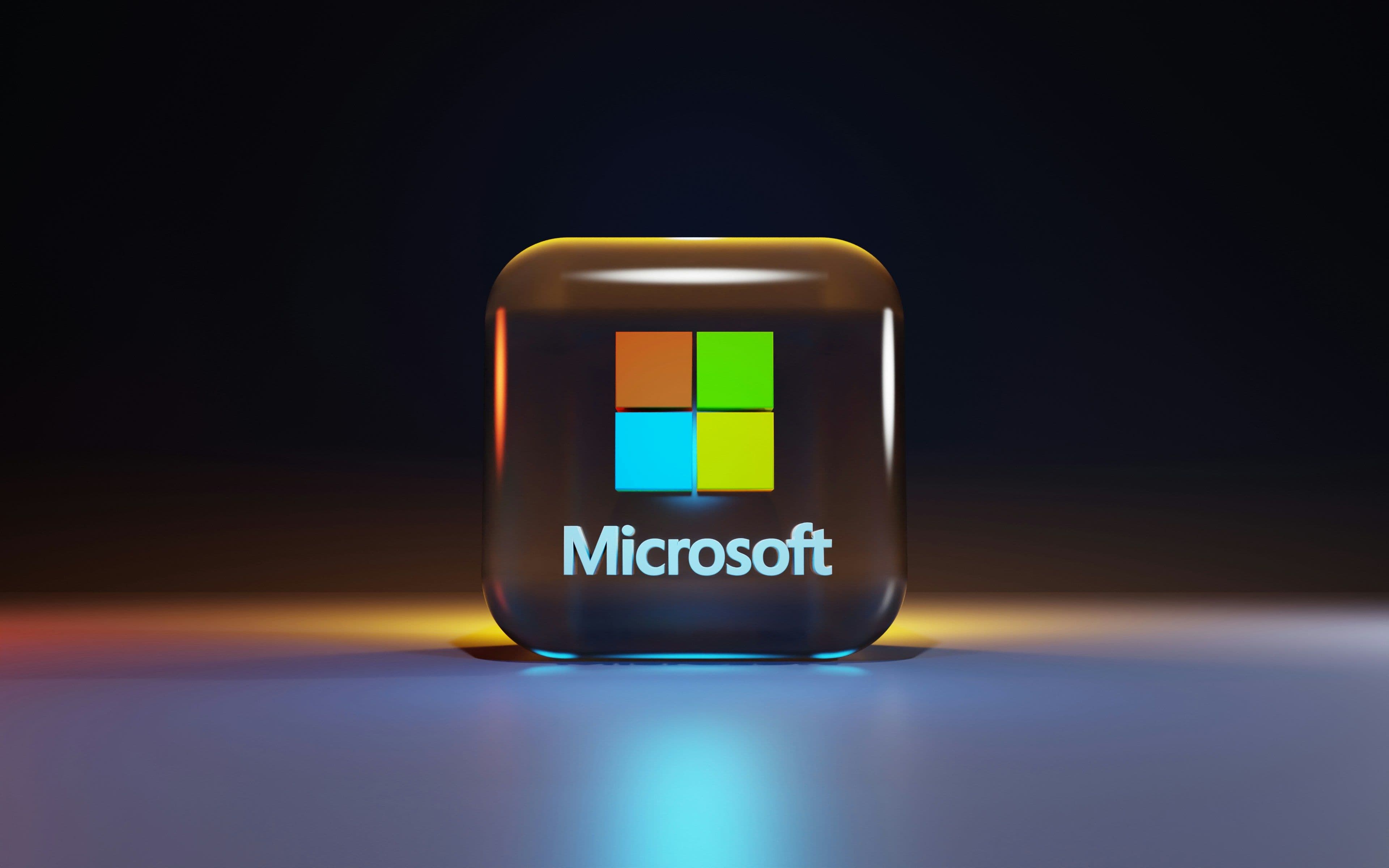
The landscape of education is undergoing some degree of transformation as technology giants step in to enhance how teaching and learning occur in classrooms across the United States. In a notable development, Microsoft and Khan Academy have forged a partnership that leverages artificial intelligence to substantively support K-12 educators. This collaboration focuses on alleviating the workload of teachers while simultaneously enriching the learning experience for students with the help of advanced AI tools. As part of the initiative, Microsoft has committed to providing access to Azure AI-optimized infrastructure, thereby empowering Khan Academy to offer a free pilot of their AI-powered assistant, Khanmigo for Teachers, to all K-12 teachers in the U.S. This program, which previously carried a cost barrier, will now be entirely free.
The Microsoft-Khan Academy Partnership and Its Potential
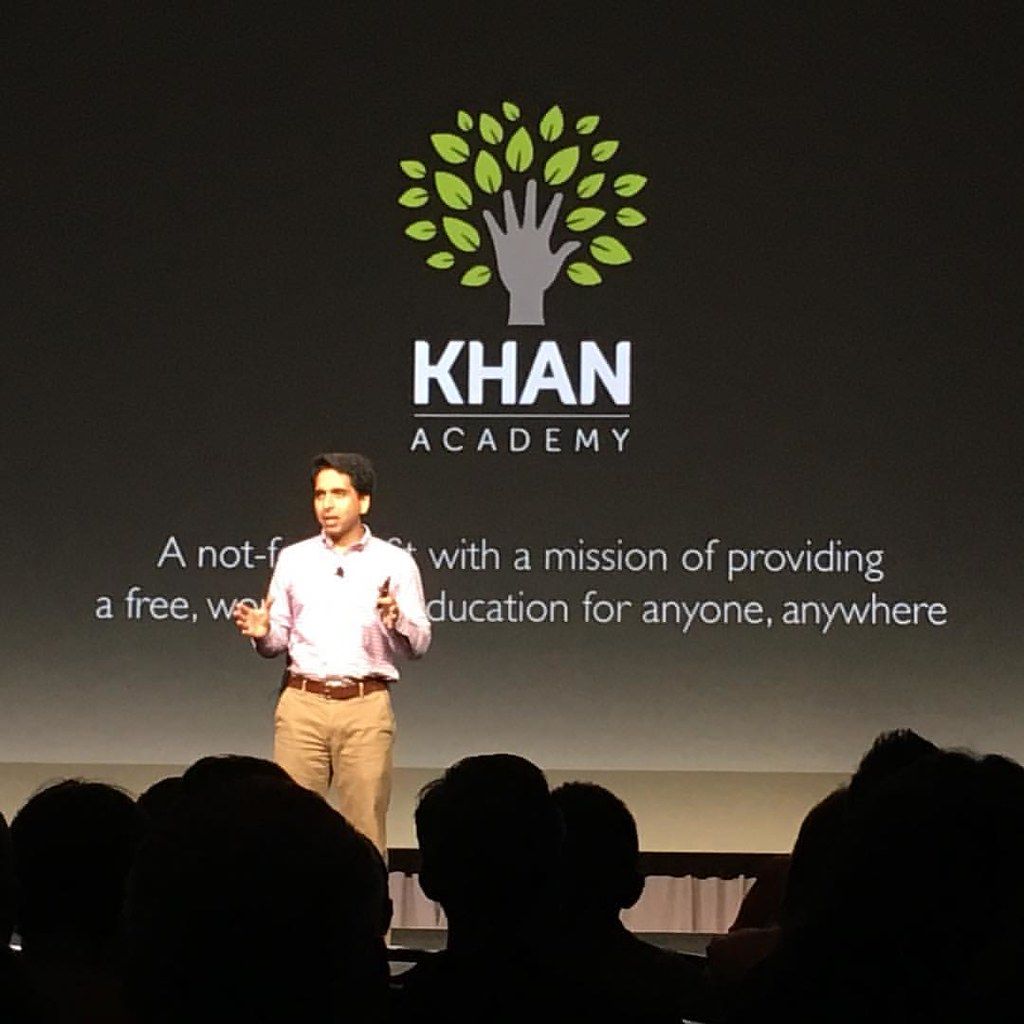
Free Access to AI Tools for Teachers
The partnership between Microsoft and Khan Academy represents an important development in educational technology by offering free access to AI tools for all K-12 teachers in the U.S. This collaboration aims to empower educators with cutting-edge technology to enhance their teaching methodologies. By leveraging Microsoft's Azure AI-optimized infrastructure, Khan Academy's Khanmigo for Teachers program becomes more accessible, allowing teachers to engage students with customized lesson plans and interactive learning experiences without any associated cost. This initiative not only democratizes advanced educational tools but also teases to reshape the landscape of U.S. education by integrating AI into everyday classroom activities.
Impact on Teacher Workloads and Student Engagement
The introduction of AI tools like Khanmigo for Teachers is expected to significantly reduce teacher workloads, a key factor contributing to professional burnout. Educators can now automate repetitive tasks such as lesson planning and student performance analysis, gaining back an average of five hours each week. This newfound time can be redirected towards more meaningful interactions with students, potentially enhancing educational outcomes. Furthermore, AI-enhanced lessons are designed to be more engaging and tailored to student needs, ensuring that learning is both fun and effective. This personalized approach helps maintain student interest and increases engagement by making lessons relatable and easier to understand, thus fostering a better educational environment.
Expansion of Educational Accessibility
The partnership between Microsoft and Khan Academy advances educational accessibility, particularly for underserved communities. By removing the cost barrier to high-quality AI resources and providing scalable solutions through the use of small language models, they offer essential support to regions and schools that previously struggled with limited access to technology. This strategic move not only promotes equity in education but also extends the reach of innovative teaching tools across diverse educational landscapes, ensuring that every student, regardless of background, has access to the best learning materials.
Technical Aspects and Development
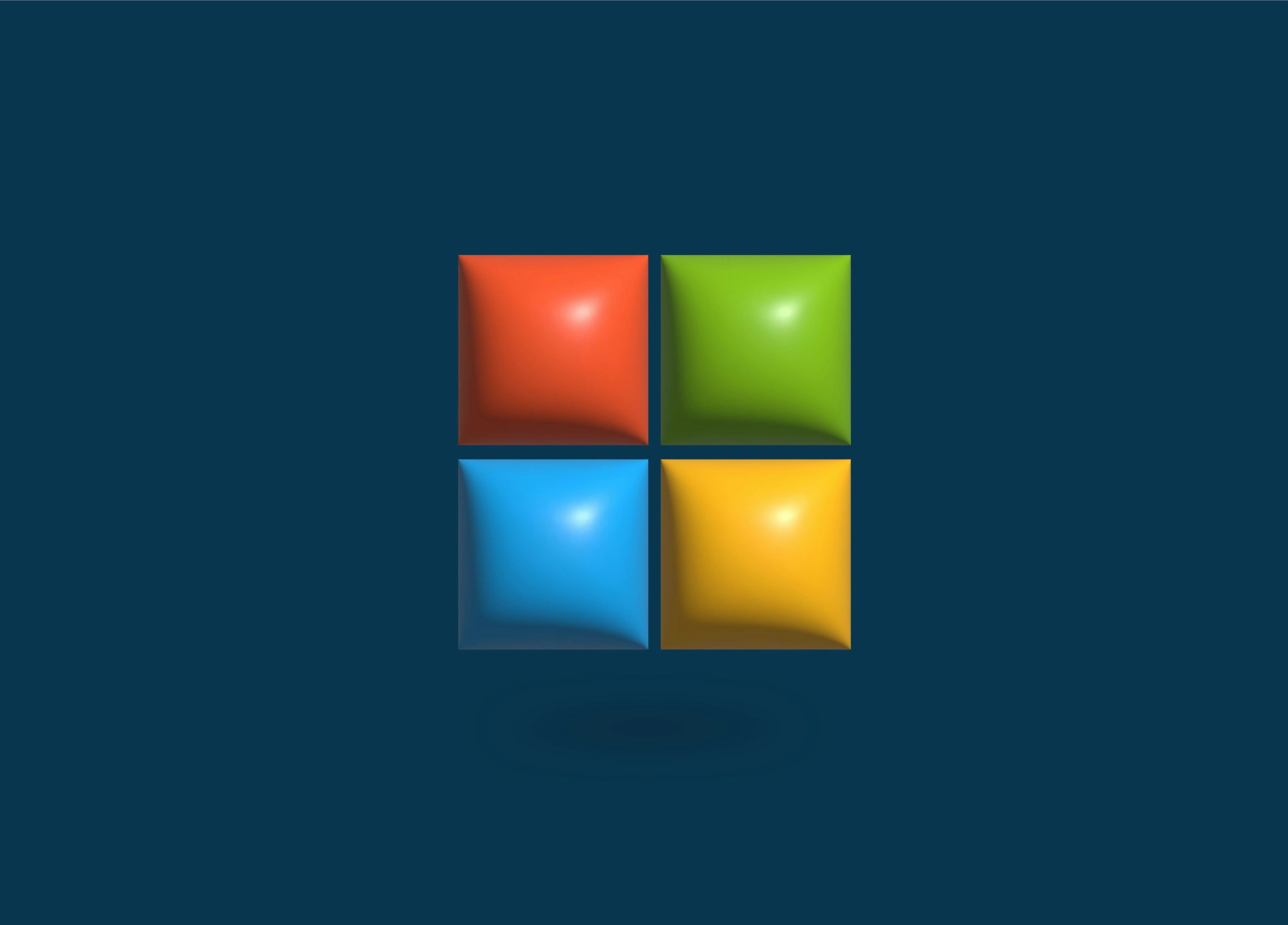
Integration of Azure OpenAI Service
The backbone of the Khanmigo for Teachers program is the Azure OpenAI Service, which provides the necessary computational power and AI capabilities required to run sophisticated teaching assistants. This integration allows Khan Academy's tools to operate with enhanced efficiency and scalability. The Azure platform ensures that these AI tools can manage extensive data inputs and deliver real-time educational support, making advanced AI accessible to educators across the country without the need for bulky infrastructural investments at individual schools or districts.
Advantages of Using Small Language Models
Opting for small language models (SLMs) offers several advantages in educational settings. These models, exemplified by Microsoft's Phi-3, require less data and computational power than larger models, making them more suitable for widespread use in diverse educational environments. SLMs can be customized for specific educational tasks such as math tutoring, providing precise assistance without the overhead of more complex systems. The use of SLMs supports the creation of more targeted and effective educational experiences, ensuring that resources are utilized where they are most needed.
Future Plans for AI-Powered Tutoring Tools
Looking ahead, Microsoft and Khan Academy plan to continue developing their suite of AI-powered tutoring tools, focusing on expanding accessibility and refining the technology. One of the primary goals is to adapt these tools for local operation on devices within classrooms, which would significantly benefit schools with limited internet connectivity. Additionally, they aim to integrate more educational content into platforms such as Microsoft Teams for Education and Copilot, enhancing collaborative learning and making a broader range of resources readily available to both teachers and students.
Practical Applications in Classrooms
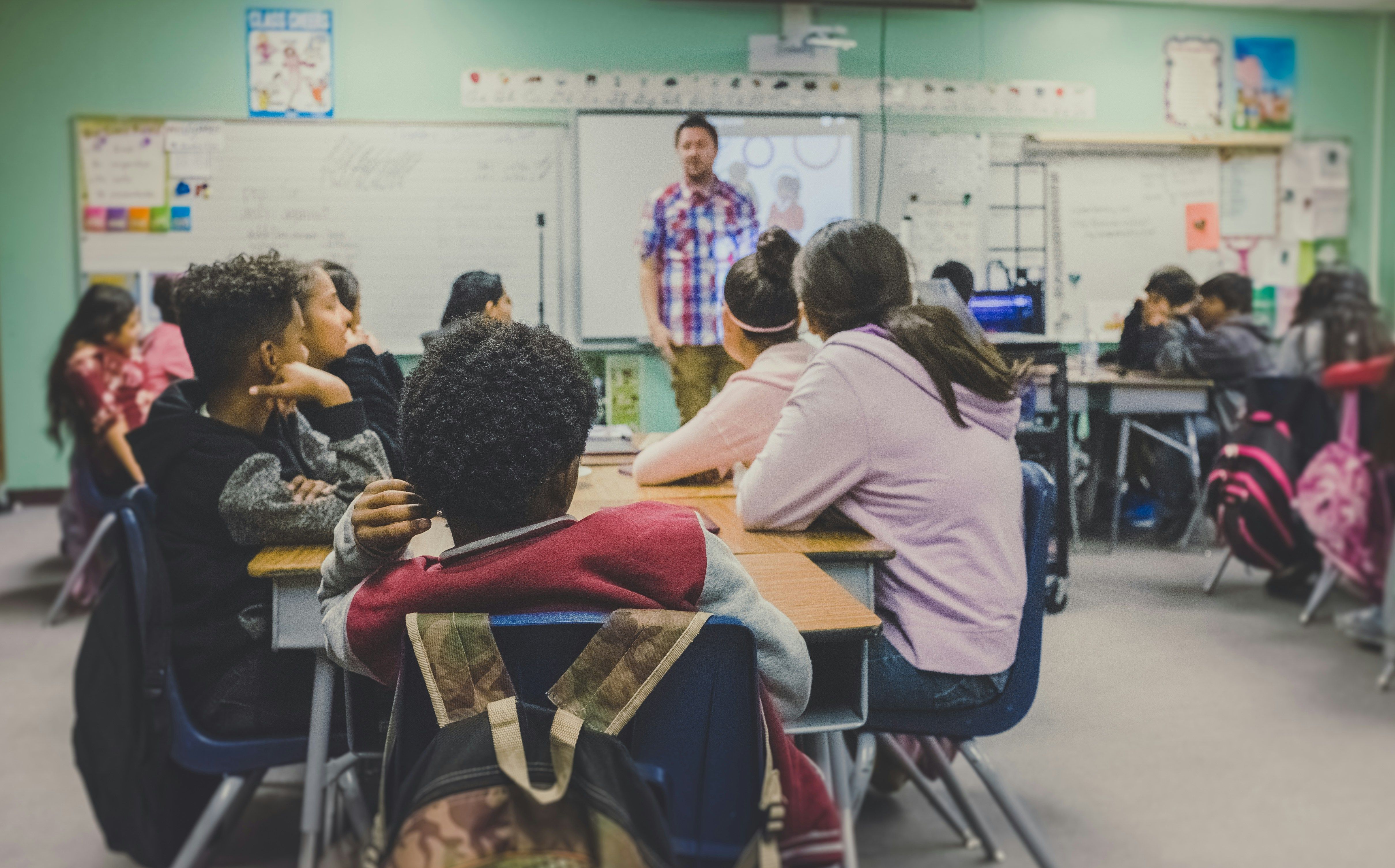
Case Studies and Teacher Testimonials
The groundbreaking partnership between Microsoft and Khan Academy is already having a profound impact in classrooms across the United States. Teachers are utilizing the AI-powered tool, Khanmigo for Teachers, to enhance traditional teaching methods and engage students in unique and interactive ways. For instance, Melissa Higgason from Hobart High School in Indiana has replaced conventional equipment with everyday items like marshmallows and plastic bottles to demonstrate Boyle’s Law, making the learning process more relatable and enjoyable for her students.
The feedback from both educators and students has been overwhelmingly positive. Teachers report that the AI tools make lessons more interesting and save them notable time on administrative tasks and lesson planning, which they can instead spend on direct student interaction. This shift has been instrumental in regions where teacher workloads are typically unmanageable due to resource constraints.
Creative Lesson Planning and Student Interaction
AI tools like Khanmigo are redefining the creative planning of lessons and fostering more dynamic interactions among students. By using AI to suggest novel ways to explain complex concepts—such as analogizing net ionic equations to a dance party—education becomes not just more accessible but also more engaging. The technology offers tailor-made lesson plans, helping educators introduce content in a manner that resonates better with the students' learning styles and current knowledge levels.
Moreover, the AI assistant promotes group activities and discussions among students, thus encouraging collaborative learning.
Addressing Challenges of Cheating and Privacy
With the rise of AI in education, concerns around cheating and privacy have surfaced. Khan Academy and Microsoft are aware of these issues and have implemented several measures to address them. For instance, Khanmigo, the AI tutor, is designed to assist rather than provide direct answers to students, thereby encouraging learning through inquiry and critical thinking.
Additionally, the security protocols ensure that all student interactions with the AI are monitored and visible to teachers and parents. This transparency helps maintain academic integrity while safeguarding student privacy.
Further Implications for Education Generally
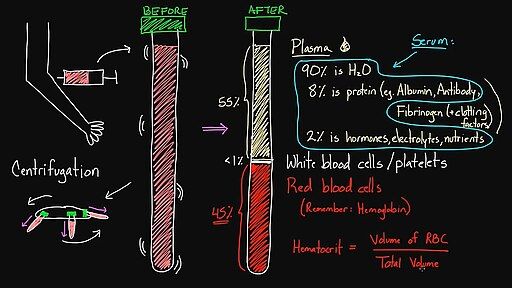
Enhancing Personalized Learning
One of the most significant impacts of the Microsoft and Khan Academy collaboration is the enhancement of personalized learning. AI tools can adapt to individual student needs, allowing for differentiated instruction that caters to students at various learning stages and with diverse educational needs. This adaptation ensures that every student receives attention tailored to their specific learning speed and style, which is especially crucial in larger, diverse classrooms.
Bridging Gaps for Under-resourced Schools
The AI tools provided by this partnership are particularly beneficial in under-resourced schools. By offering high-quality educational tools and content at no cost, these schools can now enjoy access to resources that were previously unaffordable. This democratization of educational resources helps level the playing field, ensuring that every student, regardless of their economic background, has access to a quality education.
Long-Term Goals for Global Educational Reach
Finally, the long-term vision of both Microsoft and Khan Academy extends well beyond the classrooms of the United States. They aim to expand the reach of their educational tools globally, focusing on schools in resource-constrained areas that lack robust educational infrastructures. The future development of small language models that can operate locally on devices offers the potential to bring personalized, high-quality educational assistance to every corner of the globe, fulfilling the vision of "a world where every student has access to a world-class education."




